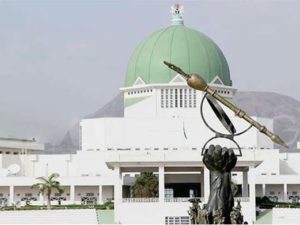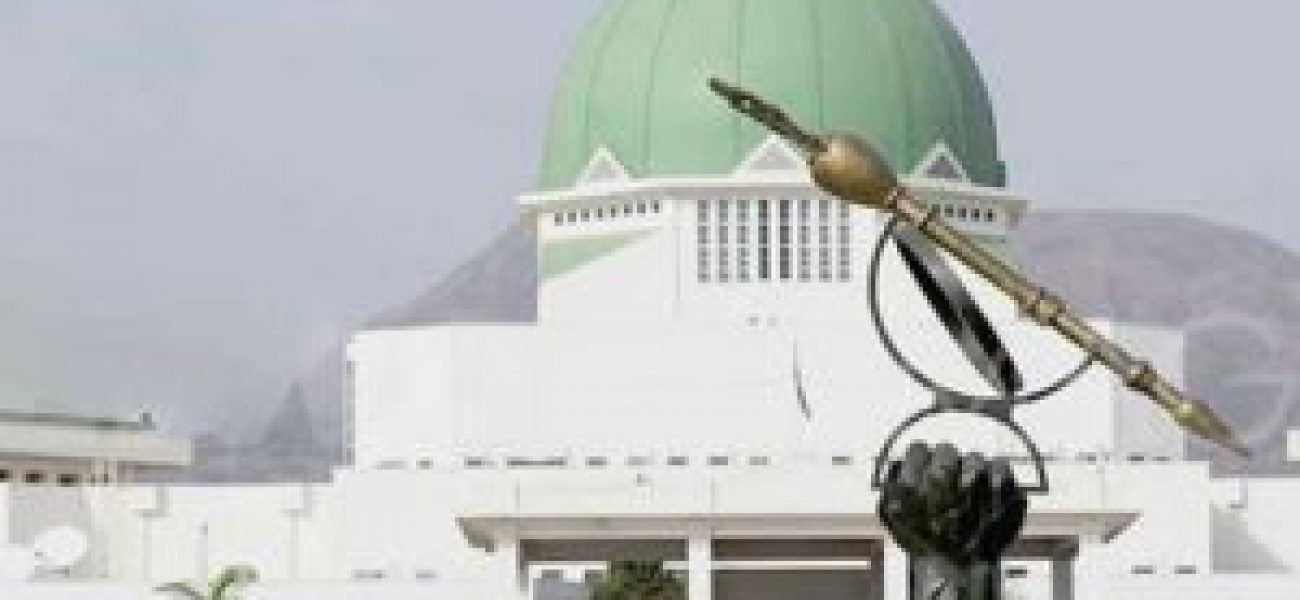 The National Assembly (NASS) held a National Budget Hearing on the N8.61 trillion 2018 budget that was presented by President Buhari in November 2017. This is the second national hearing held by NASS on the budget; the first was held on the 2017 budget.
The National Assembly (NASS) held a National Budget Hearing on the N8.61 trillion 2018 budget that was presented by President Buhari in November 2017. This is the second national hearing held by NASS on the budget; the first was held on the 2017 budget.
Carried out in collaboration with the Policy and Legal Advocacy Centre (PLAC), and with the support of the British Department of International Development (DFID), the public hearing was intended at encouraging active stakeholder participation in the budget, assessing the basic recommendations and budget policies of the President as contained in his budget speech and the fiscal, financial and economic assumptions used in arriving at total estimated expenditure and receipts.
It will be recalled that some of the assumptions in the budget as presented included a benchmark oil price of $45 per barrel, an oil production estimate of 2.3 million barrels per day including condensates; an exchange rate of 305 naira per US dollar, real GDP growth of 3.5 percent and an inflation rate of 12.4 percent. Other details include a statutory transfer of N456 billion, a recurrent expenditure of N3.494 trillion, debt service of N2.014 trillion, sinking funds to retire maturing bonds at N220 billion and contribution to the development fund for capital expenditure for the year ending December 31, 2018 at N2.43 trillion. The hearing was also organized to give effect to the 8th National Assembly’s legislative agenda of openness in governance and the public sector.
Presentations were made by Ministries, Departments and Agencies, (MDAs) civil society organisations (CSOs) and members of the general public on how to improve Nigeria’s budgetary process over the course of the two-day public hearing chaired by Senator Danjuma Goje, the chairman of the Senate Appropriations Committee and Hon. Mustapha Bala Dawaki, the Chairman of the House Appropriations Committee. The platform also provided avenues for stakeholders to discuss the objectives of the public hearing with the Director General of the Budget Office of the Federation, Mr. Ben Akabueze, the Minister of State for Budget and National Planning, Mrs Zainab Ahmed and the Minister of Power, Works and Housing, Babatunde Raji Fashola among others.
Among others, the meeting reiterated the importance of the budget as one of the most important tools of the government to deliver on economic growth and the expectations of Nigerian citizens. In addition, while many stakeholders commended the 8th Assembly for attempting to institutionalise a public hearing on the Appropriation Bill, it was recommended that an earlier scheduled public hearing in the future with more time available before the eventual passage of the Appropriation Bill would allow legislators to critically reflect on stakeholder input. This is more so as it has been reported that the National Assembly intends to pass the Appropriation Bill by the end of April 2018.
Other recommendations included the importance of having realistic budget assumptions and higher allocations in human capital development like in the health and education sector. Nigeria’s education sector allocation of N61.7 billion still remains a far cry from its global commitment in budgetary allocations as recommended by the United Nations Educational Scientific and Cultural Organisation (UNESCO) and the 15% Abuja Declarations.
It has also been recommended that the National Assembly optimise the platform of the public hearing by continued engagement with stakeholders through post budget appropriation meetings and partnering with CSOs in providing a monitoring and evaluation template that can be used to scrutinise budget implementation.

